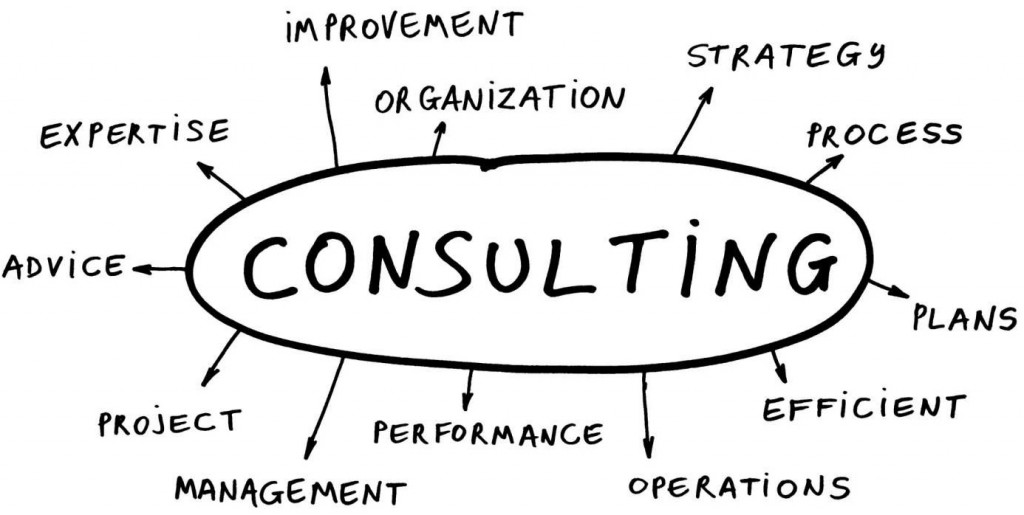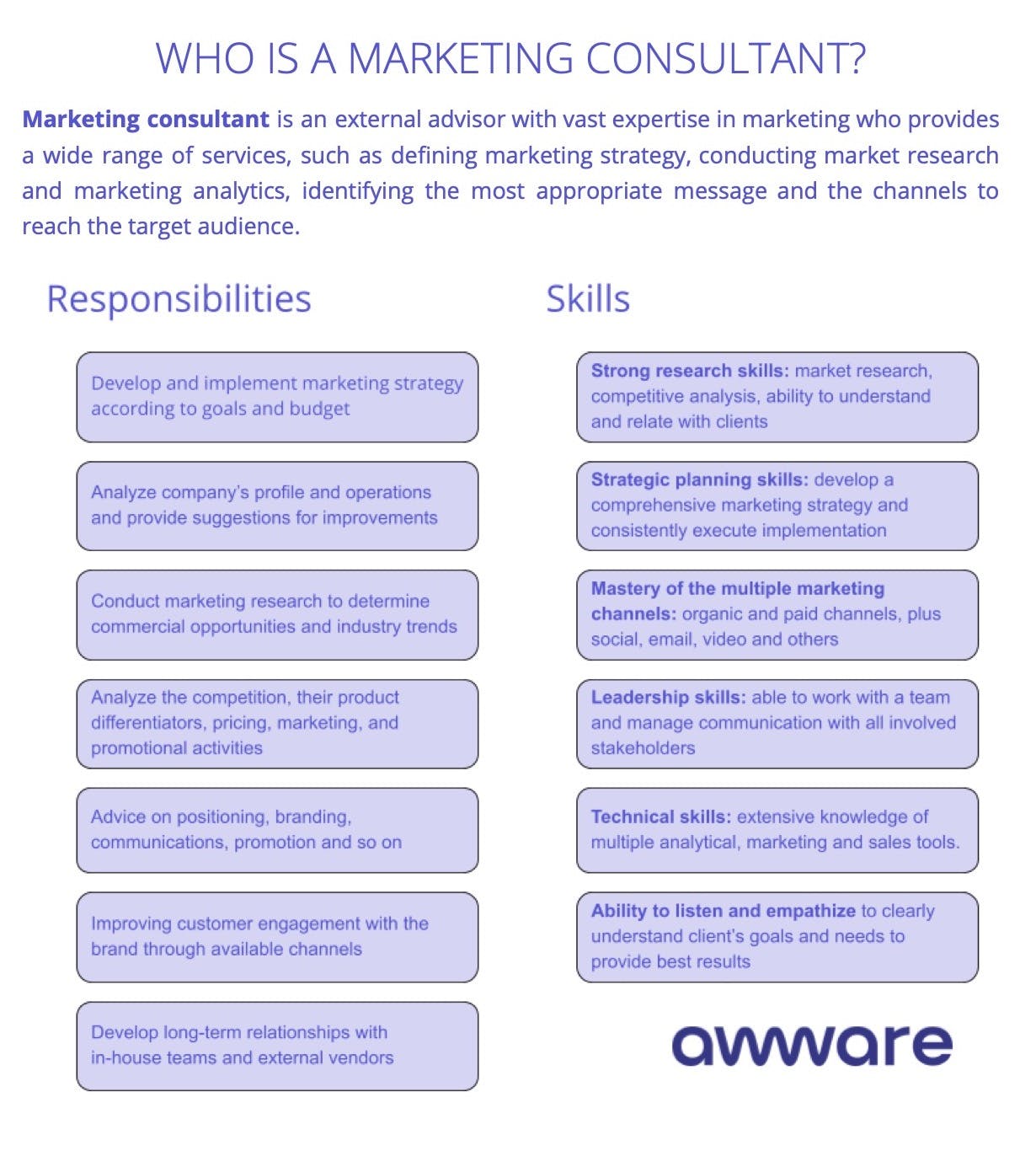
What is the average salary of an accountant consultant? This article will give you information on the average salary for an accountant and the requirements to become one. A career as an accounting consultant can help you reach your goals. While there are many requirements for becoming an accountant consultant, there are some essential requirements you will need in order to be successful.
Average salary for an accountant consultant
The average income for an accounting consultant depends on the level of experience and the skills of the individual. However, a qualified individual can command a much higher salary than the average. This career requires extensive knowledge and insight into business operations. The individual must also be skilled in networking and marketing. It also requires the individual to be flexible, with the ability to work with multiple businesses at once.

Accounting Consultants are paid an average of $73,400 per annum, although the average salary can vary up to 10%. For example, an Accounting Consultant in Massachusetts makes approximately $75,504 a year. The highest-paid Accounting Consultant earns $132126 per year while the lowest-paid make less than half.
As an accountant consultant, you can earn a lot of money
Accounting consulting is a great career choice if you are good at numbers. The job requires a specialized knowledge of accounting and insights into day-to-day business operations. Additionally, you must be able to market and network well. Accounting consultants should be flexible and adaptable to changing situations. He or she should also be able manage multiple clients simultaneously. This career path isn't for everyone.
The average salary for an Accounting Consultant can be as high as $140,500. But, this number is subject to change. The highest-earning accountants earn more than $123,500 a year. However, the median salary for an Accounting Consultant may differ by as much as $30,000 depending on the years of experience, skill level, and location.
To become an accountant consultant, you must meet the following requirements
While the education requirements for an accounting consultant can vary, they will need to have a bachelor's, master's, or doctoral degree in finance, accounting, and a related field. Additionally, they need advanced skills and knowledge in mathematics, problem-solving as well as computer programs and analytics. Some accounting consultants choose to pursue a bachelor's degree in business or a business minor. Whatever your educational background, it's important you use every opportunity to gain valuable experience in an area that is related to the consulting sector.

Many consultants work alone. While this option provides greater freedom and flexibility, it also places you in a higher tax bracket. A master's can also help you compete against more experienced consultants in the field. A master's degree program will give you the latest information on current trends and issues. It will also help you to run a consulting business.
FAQ
What is a consultant?
Consultants provide services for others. It's more than just a job title. This role allows you to help others achieve their dreams. This is done by helping others understand their options and making the right decisions.
Consultants are experts in finding solutions to the problems and challenges that arise while working on projects. They offer guidance and advice about how to implement such solutions.
Consulting should be able address questions related to law, finance and technology.
What's the difference between an advisor and a consultant?
An advisor gives information on a topic. A consultant provides solutions to problems.
A consultant works directly alongside clients to help them realize their goals. Advisors advise clients indirectly via books, magazines, lectures and seminars, etc.
Consulting is it a job?
Consulting isn't just a career option for those who want to earn quick money. It's also a great place to gain valuable skills and build a foundation you can use in your future work.
Consulting offers many opportunities in project management as well as business development, strategy and training. It is possible to work on projects that range from small start ups to large, international corporations.
Consulting gives you the chance to grow and develop your skills. This could be learning to manage people, write proposals and manage budgets, analyze data and create presentations, or conduct market research.
Statistics
- According to statistics from the ONS, the UK has around 300,000 consultants, of which around 63,000 professionals work as management consultants. (consultancy.uk)
- My 10 years of experience and 6-step program have helped over 20 clients boost their sales by an average of 33% in 6 months. (consultingsuccess.com)
- 67% of consultants start their consulting businesses after quitting their jobs, while 33% start while they're still at their jobs. (consultingsuccess.com)
- Over 50% of consultants get their first consulting client through a referral from their network. (consultingsuccess.com)
- So, if you help your clients increase their sales by 33%, then use a word like “revolution” instead of “increase.” (consultingsuccess.com)
External Links
How To
What should I do to get started with a consulting business?
A consulting business is a great way of making money online. You don't need any previous business experience or investment capital. It is possible to create a website to launch your consulting business. You can use social media platforms like Facebook, Twitter, LinkedIn and Instagram to promote your services.
These tools allow you to make a marketing program that includes the following:
-
Create content (blogs).
-
Building relationships (contacts)
-
Generating Leads (lead generation forms).
-
Selling products on e-Commerce websites
Once your marketing strategy is developed, you need to find clients willing and able to pay for your services. While some people prefer to attend networking events and groups, others prefer online methods like Craigslist, Wikijiji, or Kijiji. It's up to you to make the decision.
Once you have a new client, you need to discuss terms. This could include hourly or flat fees as well as retainer agreements and flat fee contracts. You need to be clear about what you expect of a client before they accept you as a client.
The most common type of contract for a consultancy service is an hourly agreement. This contract allows you to pay a fixed amount each week or month for certain services. You may be eligible to negotiate a discount, depending on the service that you offer. You must fully understand the contract you're signing before you agree to it.
Next, create invoices for your clients and send them. Invoicing is one those things that seem so simple until you actually do it. There are many different ways to invoice your clients, depending on your preferences. For example, some people prefer to have their invoices emailed directly to their clients, while others print hard copies and mail them. No matter which method you choose to use, it is important that it works for you.
Once you have completed creating invoices you will want to collect payment. PayPal is the most popular payment option because it's easy to use and provides multiple payment options. Other payment processors such as Square Cash. Google Wallet. Apple Pay. Venmo.
Once you're ready to begin collecting payments, you'll want to set up bank accounts. You can track income and expenses separately by having separate savings and checking accounts. Setting up automatic transfers into your bank account is also helpful when paying bills.
When you start a consultancy business, it may seem overwhelming, but once you learn how to do it correctly, it becomes second nature. You can read our blog post to learn more about how to start a consultancy business.
Starting a consulting firm is a great way to earn extra cash without worrying about employees. Consultants can work remotely so they don't have the hassle of dealing with office politics and long working hours. Since you are not tied down by regular working hours, you have more flexibility than a traditional employee.